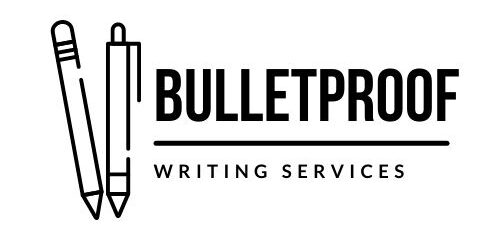Has anyone warned you about using dummy subjects? Like smothered verbs, dummy subjects are grammatically correct, but they don’t contribute much to your writing. Since our goal is to write clearly and concisely, we don’t want to use phrases that aren’t adding to our narratives. Checking for dummy subjects is a good step to include on our revision checklists when we review our content.
What Are They?
We know that a subject is a thing or person about whom a statement is made, and usually the subject controls the verb. For example:
Sally baked the cake.
In this case, Sally is the subject. She is the person acting. But with dummy subjects, our sentences may lose some clarity because we use a stand-in for the subject. Consider the example below.

Photo by Melanie Deziel on Unsplash
It was Sally who baked the cake.
It is now our subject. But by itself, it doesn’t give us any information. It’s a stand-in for a subject that comes later in the sentence—in this case, Sally. Dummy subjects replace an actual subject. In some situations, they can cause confusion if the antecedents are unclear or create awkward sentences.
There were hundreds of excited runners arriving at the finish line.
It was anger I was feeling.
There was one thing the teacher did not address: the final exam.
There have been many studies carried out by researchers on the subject.
Clear Results
While the examples above are all grammatically correct, they can feel awkward or clunky when we read them. With a bit of copyediting, we can rephrase them to form stronger, clearer sentences.
Hundreds of excited runners arrived at the finish line.
I felt angry. or I was angry.
The teacher did not address the final exam.
Researchers carried out many studies on the subject.
We’re sharing the same information, but we’ve cut down on superfluous words and improved overall clarity. Sentences with clear subjects are most helpful when providing information for your readers. When you review your documents, watch out for sentences that start with “There are/were/have been” or “It was/is/would be.” If you used Microsoft Word for your project, you can use the Find feature to search for any combination of subjects, then review and rephrase them. Those constructions are helpful when describing time, weather, distance, or particular locations, but overuse of dummy subjects can distract readers from your point.
If you need help identifying and rephrasing dummy subjects in your writing, contact me. I’m always happy to learn about your writing projects and help make your writing bulletproof.
